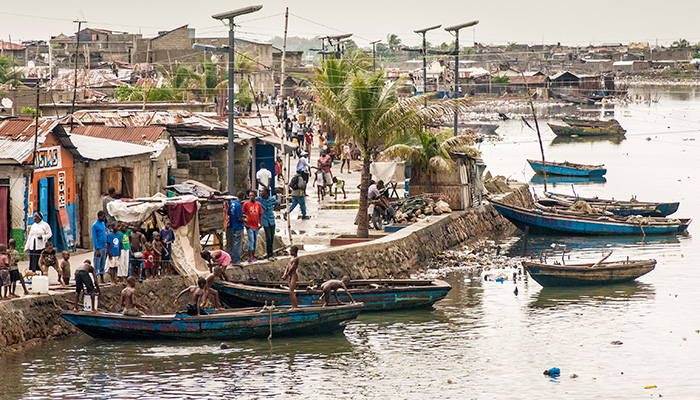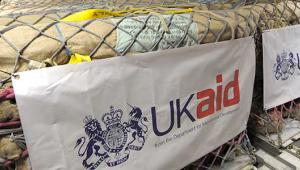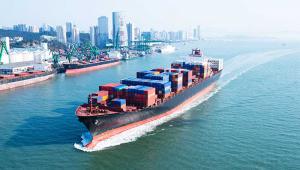CAP-HAITIEN,-HAITI-shutterstock_178908983.jpg

Haiti is one of the countries appealing for more financial assistance and investment
Speaking at the United Nations Second Committee (Economical and Financial), representatives of countries in Africa, Asia, the Caribbean and beyond, urged donor partners to fulfil their commitments and increase ODA, which has been falling markedly since 2010.
“A fact that cannot be wished away is that ODA was the largest source of development finance for a number of these countries,” said Pinkie Moleko, speaking on behalf of the G-77 group of developing countries.
She stressed that it was a matter of grave concern that ODA to the least developed countries had fallen by 15% in 2014.
Denis Regis, a representative from Haiti speaking on behalf of the Caribbean community, said he deplored the fact that economic rebounds made by the least developed countries had halted in 2014, combined with falling GDP across the group.
He noted that much more is still to be done in terms of hunger, food security, rural development, energy, and broadband and electricity access. With the share in world trade of such countries increasing only very minimally, he called for an increase in ODA.
A K Abdul Momen, speaking on behalf of the Group of Least Developed Countries, warned that the group contained the “poorest, weakest and most marginalised segments of the international community” who are highly vulnerable to economic, environmental and natural shocks.
Climate change in the group is a question of “life or death” and countries’ vulnerability had been exacerbated by recent events, he said, citing the Ebola epidemic in Africa, earthquakes in Nepal and Afghanistan, floods in Myanmar and a cyclone in Vanuatu.
He called for greater debt sustainability, including through the cancellation of multilateral and bilateral debts.
Countries like Kazakhstan are eager to “blunt” the limiting effects of “landlockedness”, said Aziza Yeshmagambetova, a point echoed by Theresah Luswili Chanda of Zambia who called for the establishment of funds and financial instruments to increase FDI. Both spoke on behalf of the Group of Landlocked Developing Countries.
Many representatives commended programmes such as the Istanbul Programme Action for the Least Developed Countries (2011-2020) and the Vienna Programme of Action for the Landlocked Developing Countries (2014-2024) and urged development partners to do their part to implement the priorities they outline.













